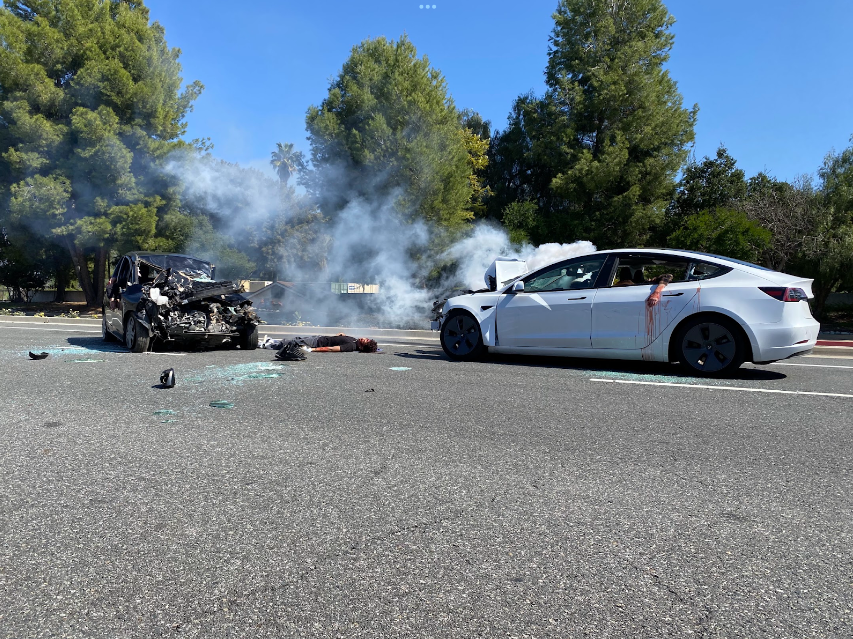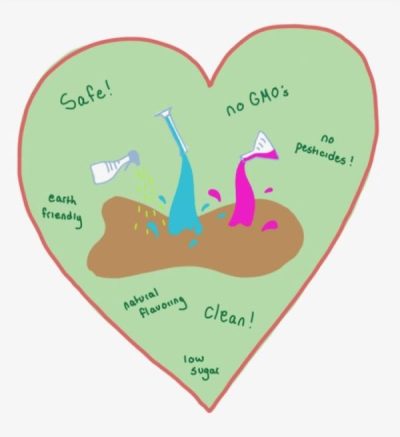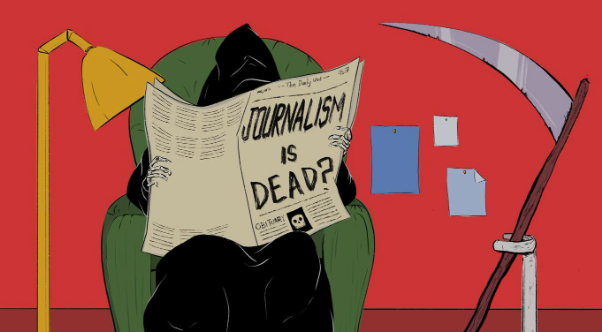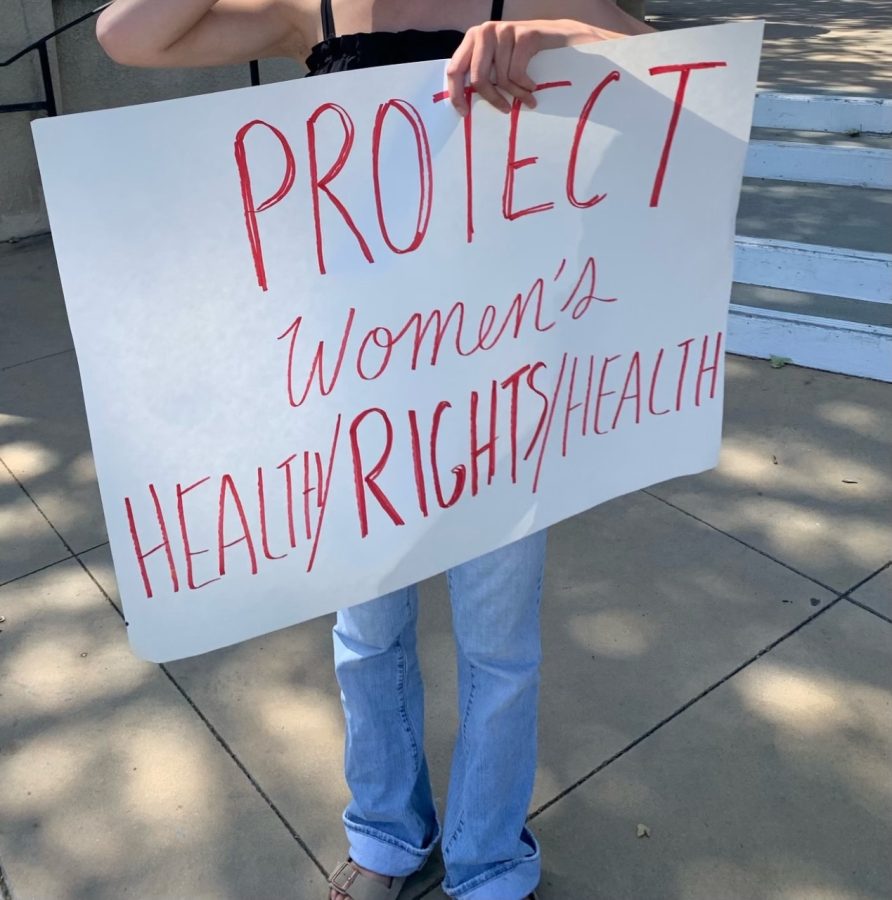As I was walking back to the car after spending a day in Los Angeles with my parents a month ago, I could not help but notice a girl sitting on the other side of the road. She had bright, colorful red hair and brown eyes, just like me, and she also looked around 16 years old, around my age. The only difference between us was that she was pregnant and homeless.
Homelessness in California has been on the rise in the previous decade. Minority groups are more vulnerable to living on the streets, which leave them susceptible to violence. Cal Matters, a California nonprofit nonpartisan newspaper, reports that the number of homeless people in California, last year, was at a shocking 181,399, more than any other state. The issue of homelessness and finding a practical solution to homelessness has been a hot topic in the March 5th primary with possible solutions including Proposition 1.
Proposition 1 proposes the authorization of $6.38 billion in bond money to create mental health facilities, rehabilitation centers, and housing for people without homes. The proposition analysis from the official Voter Guide finds that there will be $4.4 billion taken to build more places for mental health care and drug or alcohol treatment, as well as $2 billion to the state program that gives money to local governments to construct new housing. The funding for the proposition will be collected from newly allocated bonds, and tax dollars under the Mental Health Services Act (MHSA). A critical component of the proposition is how the funding will affect local services. According to the State Legislative Analyst, the county’s funding from the Mental Health Service Act would decrease from 95% to 90%. The state would have a total allocation of funds from the MHSA to 10% of the funding, an increase from the original 5%.. Proposition 1 would change the funding provided to the county and use it for the outlined proposals in this act.
As an example of how this proposition would materialize is an article discussing how it will affect Orange County’s Mental Health funding. Dr. Veronica Kelly explained in The Voice of Orange County that currently, 76% of the funding is to be spent on community support services, 19% on preventing mental health illness, and 5% on funding research. Dr. Kelly contextualized that if Proposition 1 were passed, the county would have to take 30% of housing and subsidies to Proposition 1. Dr. Kelly calculated this “will result in a $150 million shift or reduction” to the current mental health programs and funding. Supervisor Doug Chaffee and Supervisor Chair Don Wagner from Orange County measure that the prop will “reduce mental health dollars to the over 50 programs instituted by the county”. Proposition 1 would remove the funding for local programs already instituted , redirecting the fund to focus on building facilities and housing.
The proposition has a big emphasis on building facilities and housing, but the actual building of these facilities will have only a meager impact. The legislative analysis overview “estimates the bond would build up to 4,350 housing units, with 2,350 set aside for veterans…The number of housing units built by the bond would reduce statewide homelessness by only a small amount.”
The State Legislative Analyst acknowledges that this proposition will only reduce homelessness by a small percentage, so if there is going to be such a massive shift of money for building facilities, it will not go to a compelling cause. Moreover, “housing units” are not a guarantee for adequate housing, and can be manifested as just small apartment rooms. The subsequent claim that proponents make on the proposition is that it will be effective in building places for treatment. The State Legislative Analysis further contextualizes “the bond would build places for 6,800 people to receive mental health care and drug or alcohol treatment at any one time, “but is followed with “there may still be some need for new places after the bond funds are spent.” This proposition might be a step in the right direction but is also burdened with high costs and ineffective measures at the expense of local programs.
When deciding to vote, looking at the organizations that oppose and stand for the legislation is crucial. National Alliance on Mental Illness, Gavin Newsom, the California Medical Association, and many others support Prop 1. The National Alliance on Mental Illness collaborated with the Newsom Administration on this legislation and outlined the main reasons as encouraging state oversight, increased funding for Behavioral Health and Services, and increased treatment beds of 11,000 behavioral health beds and 27,000 outpatient beds.
Opponents of Proposition 1 include the ACLU of California, Mental Health America in California, Cal Voices, and many more. Cal Voices is an affiliate of the Mental Health Association and a nonprofit that provides resources for recovery, prevention, and improved access to mental health services and support. Cal Voices opposes the legislation because it was a “last-minute change to one of Gov. Gavin Newsom’s signature mental health proposals,” intended to cut existing mental health services. and ineffective measures to reduce the root cause of homelessness.
As students, this might be the first time we will take part in voting, and I always encourage you to do more research to develop a firmer understanding of the bill. This proposal does not address the root cause of the homeless crisis in California and further reduces funding for local programs that have already been established to provide housing for a limited number of individuals. The only way to break the cycle of homelessness is to reallocate funding to effective programs, and Proposition 1 is not the one.






















